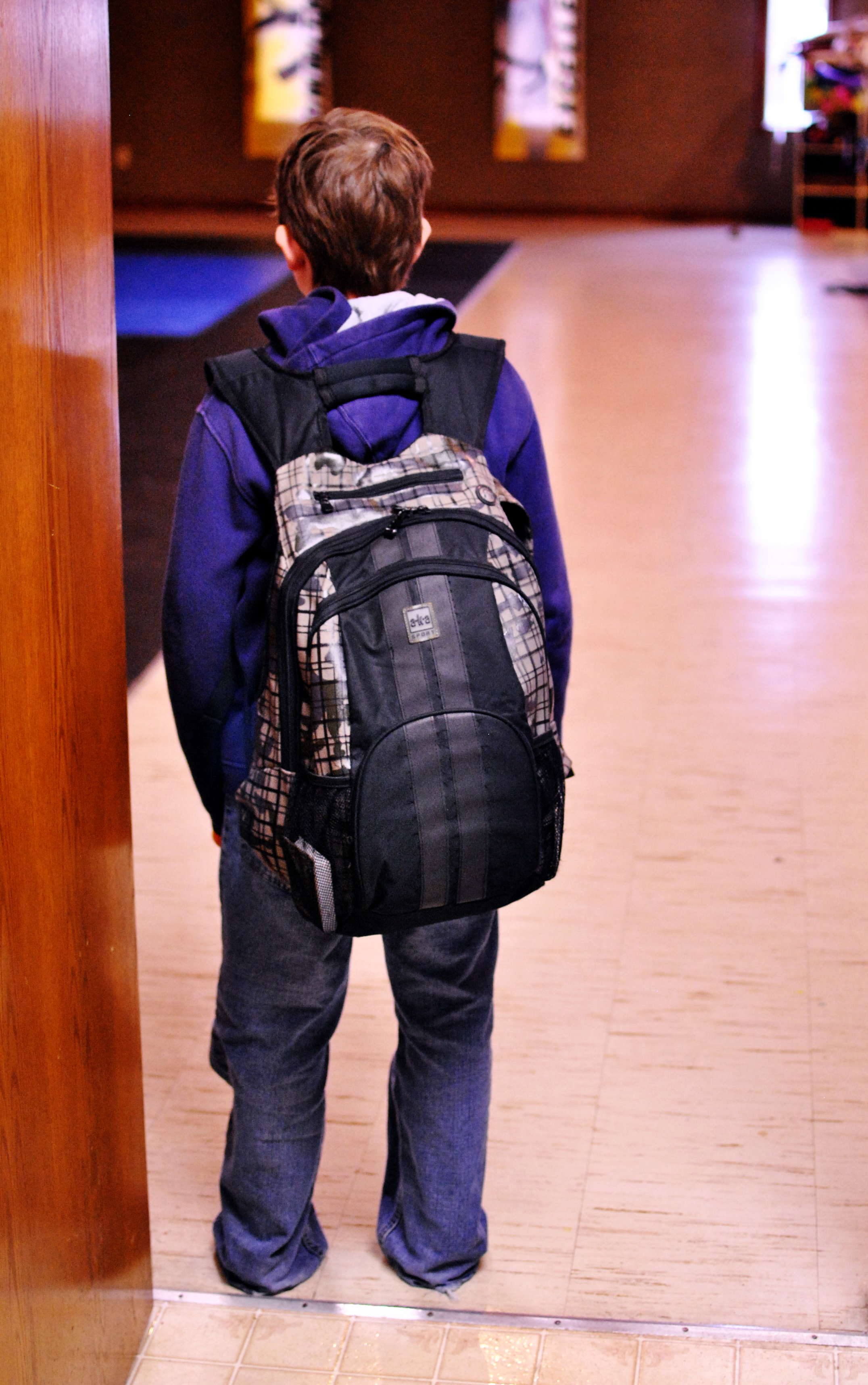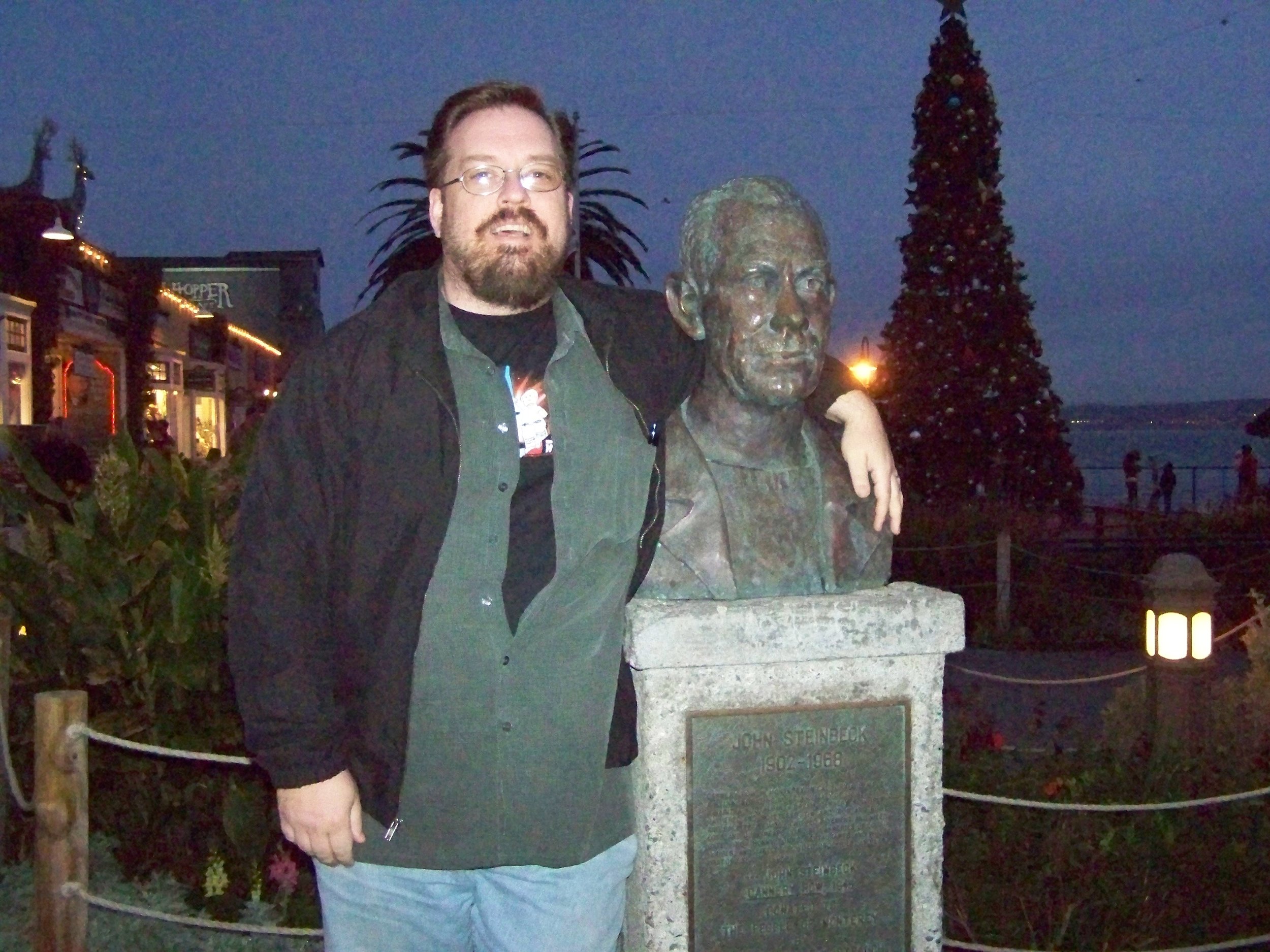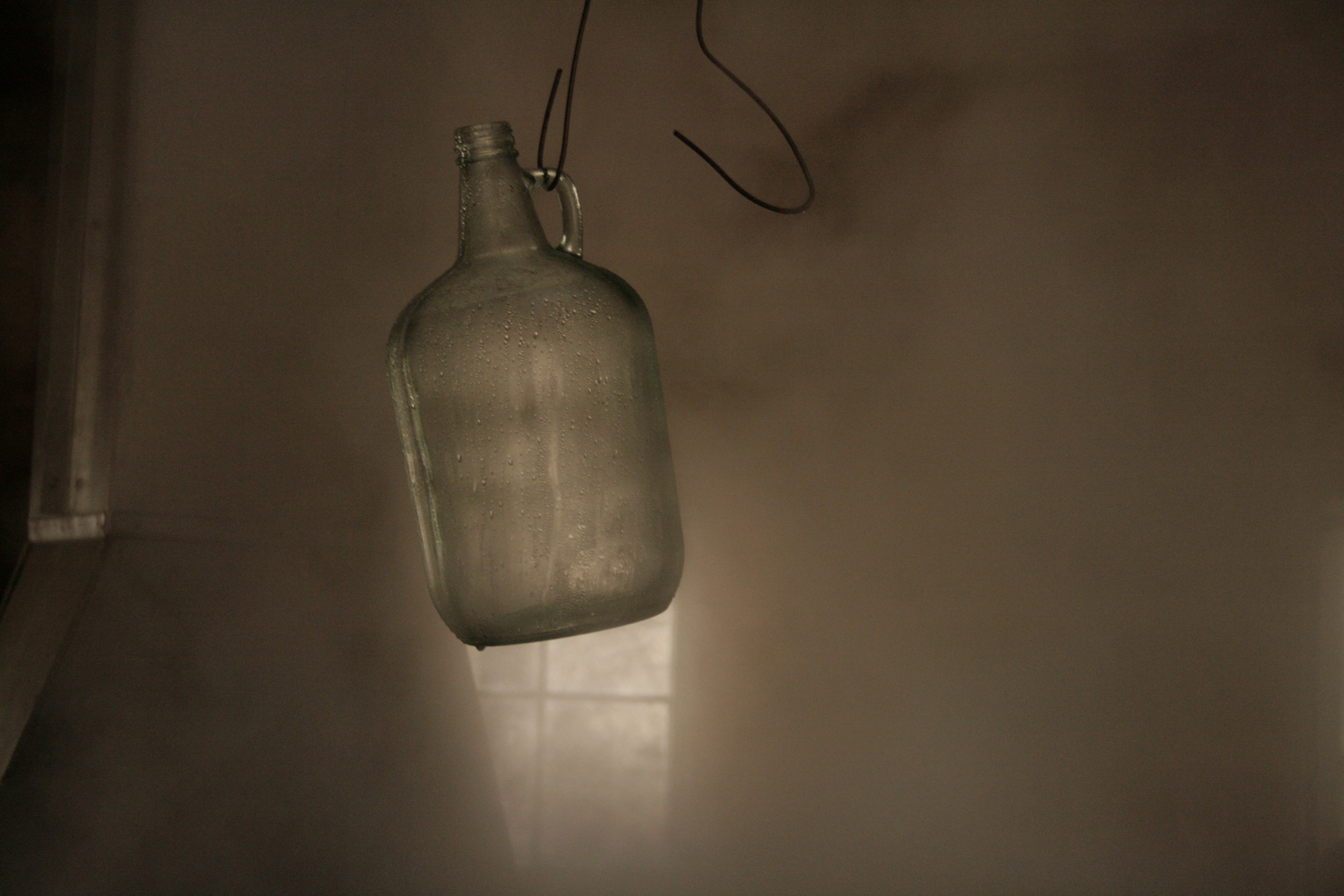
Brent Robison joins the blog to discuss his thoughts on finding unity within his writing and spirituality.
I write fiction, but I'm not much into plots, nor pleasing resolutions. I love the capital-Q Questions -- the questions without answers. I don't need answers, but I love learning as much as my sub-genius mind can handle about everything we humans have so far come to know in our dogged pursuit of answers to the unanswerable.
That puts me squarely in the realm of the invisible, where I travel alone. I don't self-identify as Christian. There is no "ism" I feel attached to. Yet there is a driving force in my heart and mind to explore the territory -- call it "spiritual" -- that every religion's fringe-dwellers, the mystics, have resided in for millennia: the philosophical borderlands currently going by the name of Nonduality. In Christianity today, perhaps Bernadette Roberts is its leading investigator, with her contemplative teachings and "No-Self" books. In her experience, the self and God are not separate: "I and my Father are One," one without even the concept of another.
For me, years of study fueled by parallel passions -- science and metaphysics -- gradually led me to glimpse a perfect interweaving of current knowledge and ancient wisdom. Quantum physics intertwined with Advaita (Sanskrit for "not two"). Spacetime as a metaphor for Oneness. Superstrings pointing to the Nameless Absolute.
Meanwhile, I played the writing game: workshops, submissions, the occasional publication in a literary journal. But mostly I labored away at writing stories: notes, sketches, little stories, bigger stories. Imaginary characters with lives and hearts and pains all their own kept jumping up and asking to be acknowledged. Inspired by literary realism, postmodern and classic, lush or minimalist, I worked at exploring psycho-spiritual states and getting something both meaningful and beautiful onto the page. Then out of all that jumble rose the challenge that got my blood pumping at a whole new rate....
If everything is One, how is that expressed in story?
Well, it's been done, with various degrees of success, in many ways:
--exegesis of various cultural mythologies
--allegory or parable with a "moral"
--stories from the lives of famous gurus or holy men
--the conundrums of time travel (see my friend's book The High Priest of Prickly Bog)
--fanciful alternate realities like those of Italo Calvino
--narrative thought experiments ala Jorge Luis Borges
--straight science fiction: on other planets, things behave differently
--variations on the sword and sorcery genre
--human encounters with angels or extraterrestrials
--magical realism
--etc.
Trouble is, none of these appealed to me. Or rather, they were not what I was doing as a writer. As Harvey Pekar (American Splendor) said, "Everyday life has a huge effect on people." I wanted to write literary short stories, about us, the common folks. Our ordinary tragedies and existential crises. The mundane epiphanies that move us all incrementally forward. In other words, "real life."
It was my invented characters themselves who offered me the key. Of their own accord they had began lurking on the edges of each other's stories. But I wasn't sure what that meant. Then one day as I surveyed the whole array of stories and fragments, a complex web of faint shimmering lines seemed to materialize before my inner eye. These people, like all of us, were connected by invisible threads, coincidences, ephemeral glancing touches, by which subtle influence was being exerted. Life paths changed in seemingly tiny, but possibly powerful, ways. I saw that we're like cells in one giant body, all going about our business transporting enzymes from one place to another and effecting change on other cells, but with hardly a glimmer of awareness of our own impact.
To suggest this newfound truth seemed to me the best way I could express Unity. One friend argued, correctly, that interconnection requires separateness, so I was a little off the mark. On the other hand, ultimate oneness is ultimately inexpressible in human language. The best we can offer is suggestion, metaphor, a finger pointing at the moon. And after all, in literary fiction -- just as in this thing we call "reality" -- the needs, hopes, dreams, heartaches, addictions, and loves of daily life are the foreground. To see the background is another level of perception altogether.
I'm entirely a beginner on the road toward Unitive Consciousness. But that vision of all human beings interconnected by a vast intangible network of influence, invisible energy lines weaving us together, became the engine driving the finishing, assembling, and publishing of a collection of thirteen linked stories called The Principle of Ultimate Indivisibility. All those bits and pieces of characters' lives finally came together and made sense, to me. And more important, it set me and my writing on a course for the future, and for that I'm grateful.
***
Brent Robison emigrated west to east and is now rooted in the Catskill Mountains of New York. His fiction has appeared in a dozen literary journals and has won awards from Literal Latté, Chronogram, and the New Jersey Council on the Arts, as well as a Pushcart Prize nomination. His collection of linked short stories, The Principle of Ultimate Indivisibility, is available wherever books are sold. Between daddy and hubby hours, he blogs at ultimate-indivisibility.com and continues chipping away at two novels-in-progress. He is also the editor and publisher of the Hudson Valley literary annual, Prima Materia. Brent's short story "Baptism" can be found in Relief Issue 3.2.


















